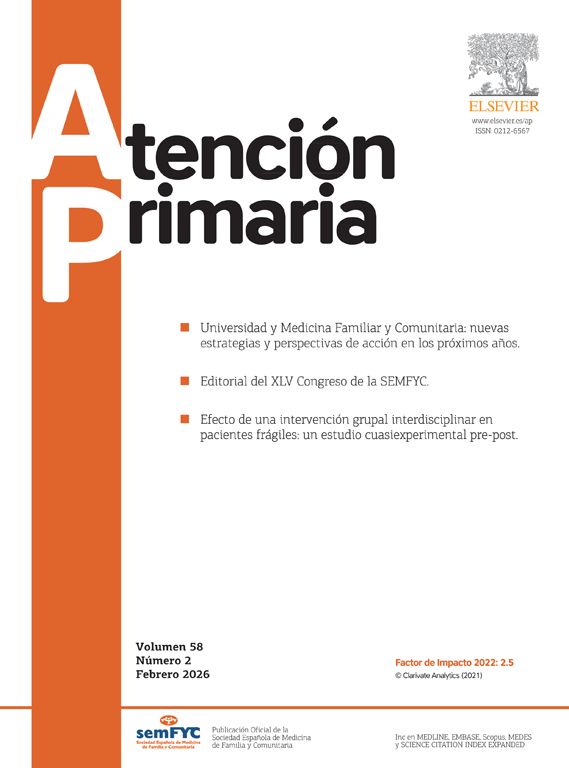Background: Parental beliefs, attitudes and practices in children’s nutrition may determine deviations in the acquisition of the child’s food preferences and in their self-regulation, who can influence their nutritional status.
Objectives: To evaluate the parental attitudes, beliefs and practices about child feeding and their relationship to the child’s nutritional status.
Methods: Cross-sectional and descriptive study developed in a sample of 1393 parents (mother: mean = 34.47 years old; SD = 5.29; father: mean = 36.87; SD = 5.69), from 1424 children, average age 4.58 (SD = 0.99), living in some regions of Portugal. Children’s anthropometric measurements were evaluated and classified according to the NCHS referential (CDC, 2000). The Child Feeding Questionnaire was used (Birch et al, 2001).
Results: Overall, 60.2% of children had normal weight, 5.5% underweight, 34.3% overweight (including obesity 17.4%), weight is significantly higher in males (36.8%) (Qui-square = 31.22; p = 0.000). Feeding practices that had higher mean values were perceived responsibility (mean = 13.43) and pressure to eat (mean = 14.21). Beliefs of concern, and practices of pressure to eat and reward are significantly higher in parents with lower income (p = 0.000). Performed a linear regression (stepwise method) between BMI and parental eating practices, we found that the greater concern about the child’s weight (β = 0:24; p = 0.000) and greater practices of control (β = 0:12; p = 0.000), higher BMI and higher pressure to eat (β = –0.240; p = 0.000), the lower the child’s BMI, explaining 12.4% of the BMI variability.
Conclusion: These results are a further contribution to the evidences of the influence of controlling eating behaviour in the child’s self-regulation capacity, with implications on their food behaviour and increasing the risk of future obesity. This highlights the importance of assessing the practices of families in nutrition education programs, adjusting them to the growth pace and profile of children.







